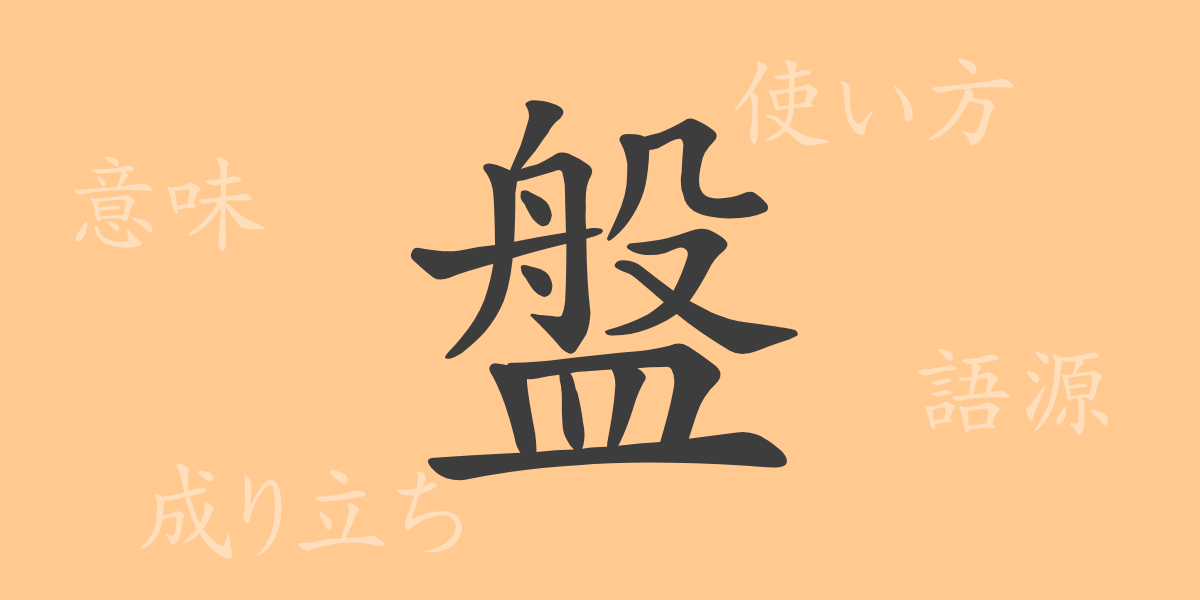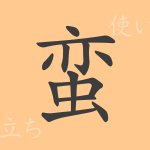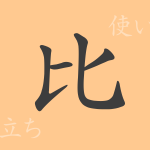“`html
Kanji (かんじ, Kanji) deeply rooted in Japanese culture holds history and meaning in each character. The character “盤” (ばん, Ban) is no exception. Frequently seen in daily life, this kanji is used in various contexts from game boards to business strategies. In this article, we will delve into the origins, modern usage, and idioms and expressions involving the kanji “盤” (ばん, Ban), exploring its allure.
Origins of 盤 (ばん, Ban)
Exploring the origins of the kanji “盤” (ばん, Ban) provides insights into its historical background. This character, passed down from ancient China, originally derived from a pictogram representing a vessel. Over time, its meaning expanded to indicate a foundation or flat surface. Additionally, “盤” (ばん, Ban) has long been associated with board games such as Go and Shogi, thus also symbolizing strategy and planning.
Meaning and Usage of 盤 (ばん, Ban)
“盤” (ばん, Ban) holds multiple meanings and is used in various contexts. Primarily, it denotes a “flat surface” or “foundation of things.” It can also be seen in contexts such as “record disc” in music or “scoreboard” in sports. In the business world, expressions like “securing a stable market” use “盤” (ばん, Ban) to signify stability and a solid foundation.
Reading, Stroke Count, and Radical of 盤 (ばん, Ban)
The kanji “盤” (ばん, Ban) draws attention for its readings and components.
- Reading: The on’yomi (音読み, on’yomi) is “バン” (ばん, Ban), and there is no kun’yomi (訓読み, kun’yomi).
- Stroke count: It has a total of 15 strokes.
- Radical: The radical is “皿” (さら, Sara), and kanji with this radical often relate to containers or meals.
Idioms, Expressions, and Proverbs with 盤 (ばん, Ban) and Their Meanings
Idioms and expressions containing “盤” (ばん, Ban) are used in various contexts due to its symbolic meaning. For example, the idiom “盤石” (ばんじゃく, Banjaku) represents something very solid and unmovable. The expression “一盤の将棋” (いちばんのしょうぎ, Ichiban no Shogi) refers to a particular situation or scenario. Additionally, the proverb “盤上の錯誤” (ばんじょうのさくご, Banjou no Sakugo) is known for indicating a miscalculation in plans or strategies.
Summary of 盤 (ばん, Ban)
As seen, “盤” (ばん, Ban) has been cherished as a kanji with diverse meanings and uses since ancient times. Recognized as a common kanji in Japan, it is frequently used in daily life and business contexts. Understanding its history and meaning allows us to further appreciate the depth of language and the richness of Japanese culture.
“`

























